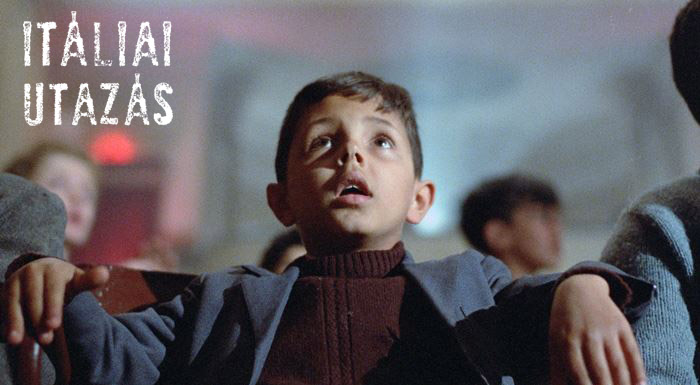
Cinema Paradiso (1988)
Genre: Drama, Coming-of-Age
Directed by Giuseppe Tornatore, Cinema Paradiso is a heartfelt tribute to the magic of movies and the bittersweet nature of memory. Set in a small Sicilian village, the film unfolds as a nostalgic reflection on childhood, first love, and the enduring power of cinema to shape lives.

Plot Overview:
The story follows Salvatore “Toto” Di Vita, a successful film director who returns to his hometown after hearing of the death of Alfredo, the projectionist at the local movie theater who mentored him as a boy. Through flashbacks, we watch Toto grow up under Alfredo’s guidance, falling in love with the movies and, eventually, with a girl named Elena. As Toto comes of age, Alfredo encourages him to leave the village and pursue a bigger life—though doing so means leaving behind everything he knows and loves.
Why It Stands Out:
Cinema Paradiso is both a celebration of film and a poignant story about growing up and letting go. It captures the innocence of youth, the ache of unfulfilled love, and the way memory romanticizes the past. Ennio Morricone’s score—especially the famous love theme—is deeply emotional and plays a major role in the film’s lasting impact.
The movie is visually rich and emotionally layered, blending humor, tragedy, and sentiment with elegance. Philippe Noiret as Alfredo and young Salvatore Cascio as the boy Toto share a tender chemistry that drives the emotional core of the film. Their relationship—mentor and student, father figure and son—is quietly powerful and heartbreakingly real.

Winner of the Academy Award for Best Foreign Language Film, Cinema Paradiso is not just a film for cinephiles—it’s a story for anyone who’s ever looked back on youth with a smile and a tear.
